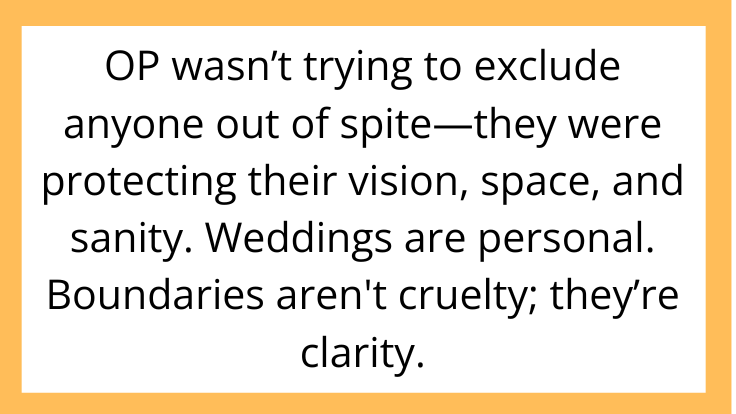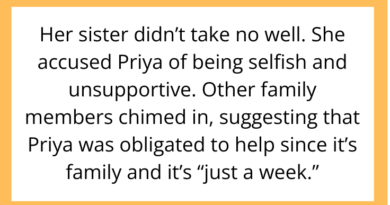AITAH for Refusing to Give My Cousin a Plus-One to My Wedding Because I’ve Never Met His Girlfriend?
Weddings are meant to be joyful, intimate celebrations shared with loved ones—but managing the guest list can turn into a high-stress balancing act. One Redditor recently posted on r/AITAH, asking if they were wrong for not allowing their cousin to bring a plus-one to their wedding—specifically, a girlfriend the family had never met.
This post sparked a heated discussion around boundaries, guest list control, and whether “plus-one rights” are a thing.
The Situation: A Tight Guest List and a Tense Family Text
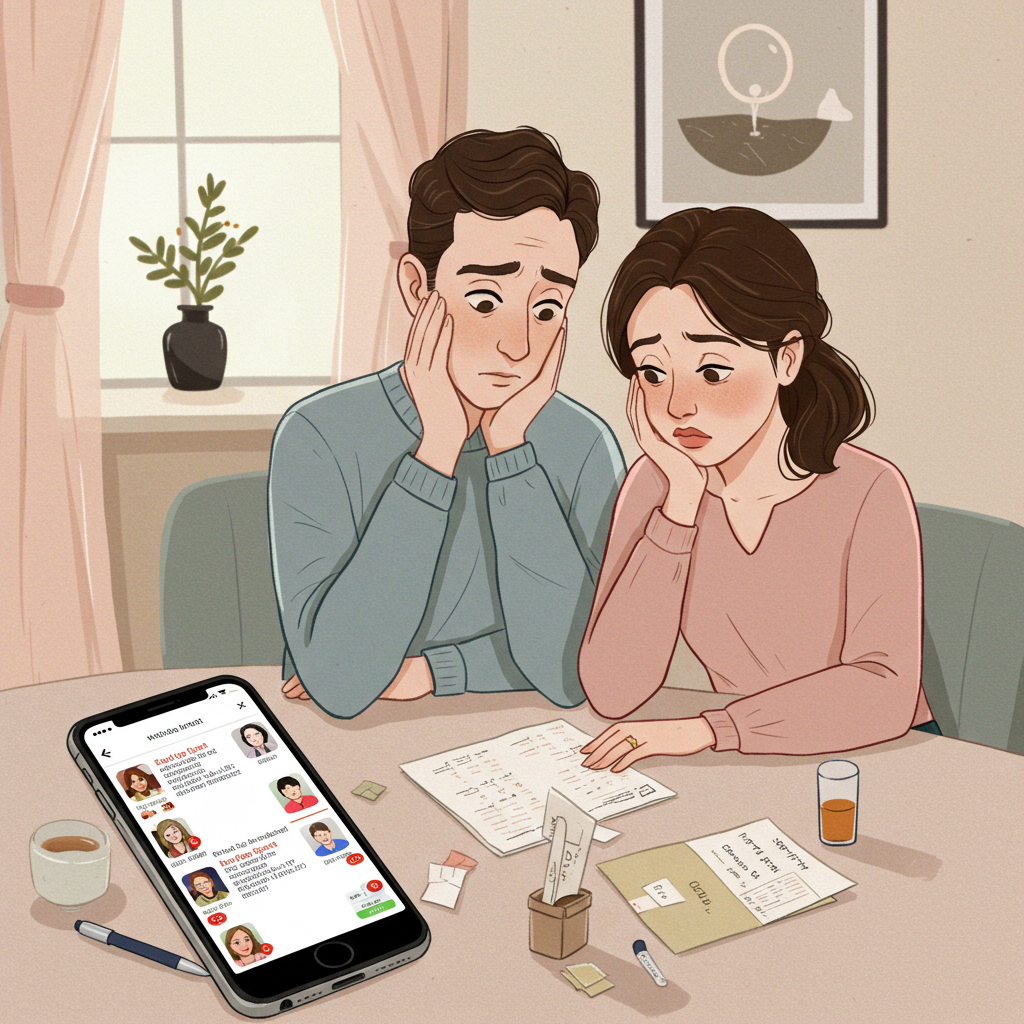
According to the original poster (OP), the wedding was small by design—close friends and immediate family only. Due to space and budget limitations, they decided not to offer automatic plus-ones to every guest. Instead, only long-term partners or spouses were included.
One cousin, however, messaged OP asking to bring his girlfriend of six months. OP politely declined, explaining the guest list was firm and they hadn’t even met her yet. The cousin was furious, accusing OP of disrespecting his relationship and playing favorites, since other guests were bringing partners.
Family group chats exploded. OP’s aunt (the cousin’s mom) weighed in, calling the decision “snobbish.” OP stood firm—but now they’re wondering, AITAH?
Why This Isn’t Just About One Seat

At first glance, it might seem like OP was being rigid. But there’s more to it:
-
Venue and budget limits are real. Weddings are expensive and space is finite. Every guest counts.
-
They didn’t know the girlfriend. Inviting a stranger to an intimate event, especially one with limited seating, changes the tone.
-
Consistency matters. OP set a boundary: plus-ones were for long-term partners. Making an exception opens the floodgates.
From this perspective, OP’s choice was practical, not personal.
The Cousin’s Perspective: Feeling Excluded and Undervalued

Still, it’s not hard to see why the cousin felt slighted:
-
He values the relationship. Six months may not seem long to others, but it might be serious to him.
-
Other cousins got plus-ones. Even if the criteria were clear, emotionally, it can still feel unfair.
-
Weddings highlight relational status. Not being able to bring a partner can feel like being publicly labeled “less serious.”
So, while the cousin’s anger may seem dramatic, it’s rooted in emotional vulnerability, not just entitlement.
Boundaries vs. Expectations: Where’s the Line?
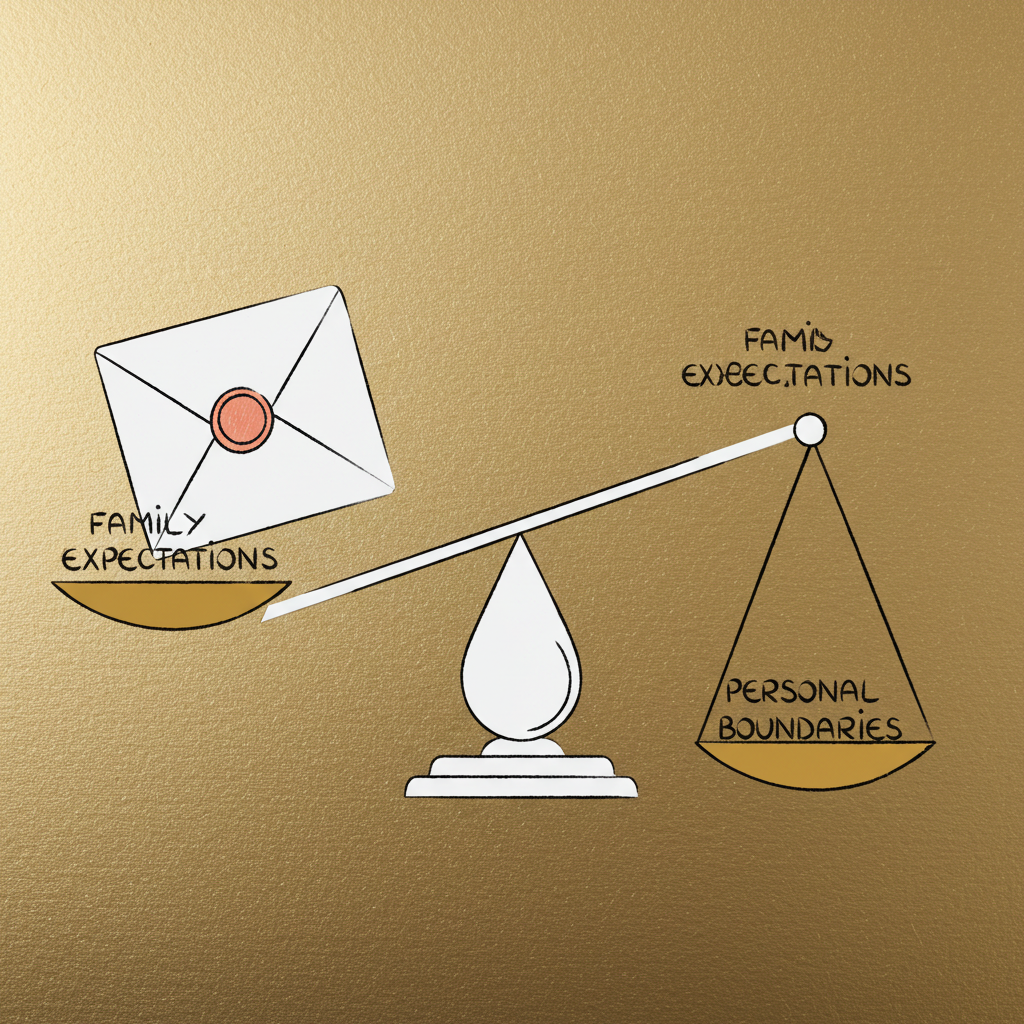
This situation boils down to a classic tension: personal boundaries versus family expectations.
Here’s how OP balanced it:
-
Set clear standards: Only long-term or close partners were invited.
-
Communicated early and respectfully. OP didn’t spring it on anyone last minute.
-
Applied rules evenly. No selective enforcement.
That’s healthy boundary-setting. But family doesn’t always see it that way.
Internet’s Verdict: Mostly NTA (Not the A-Hole)

The majority of Reddit commenters sided with OP. The consensus:
-
It’s OP’s wedding, their rules.
-
The guest list is not a democracy.
-
One guest’s feelings can’t outweigh the couple’s vision.
That said, many also encouraged OP to reach out with kindness and clarify that it wasn’t personal—just a logistical decision.
If You’re Planning a Wedding, Here’s What You Can Learn

Navigating guest list drama is practically a rite of passage. Here’s how to stay sane:
-
Decide your criteria early. Stick to them. Consistency reduces drama.
-
Be transparent, not apologetic. You don’t need to justify every decision, but clarity helps.
-
Don’t take guilt bait. Discomfort doesn’t mean you’re wrong.
-
Leave the door open to reconnect. Especially with family, wounds can heal with time.
Final Thoughts: Love, Limits, and Guest Lists
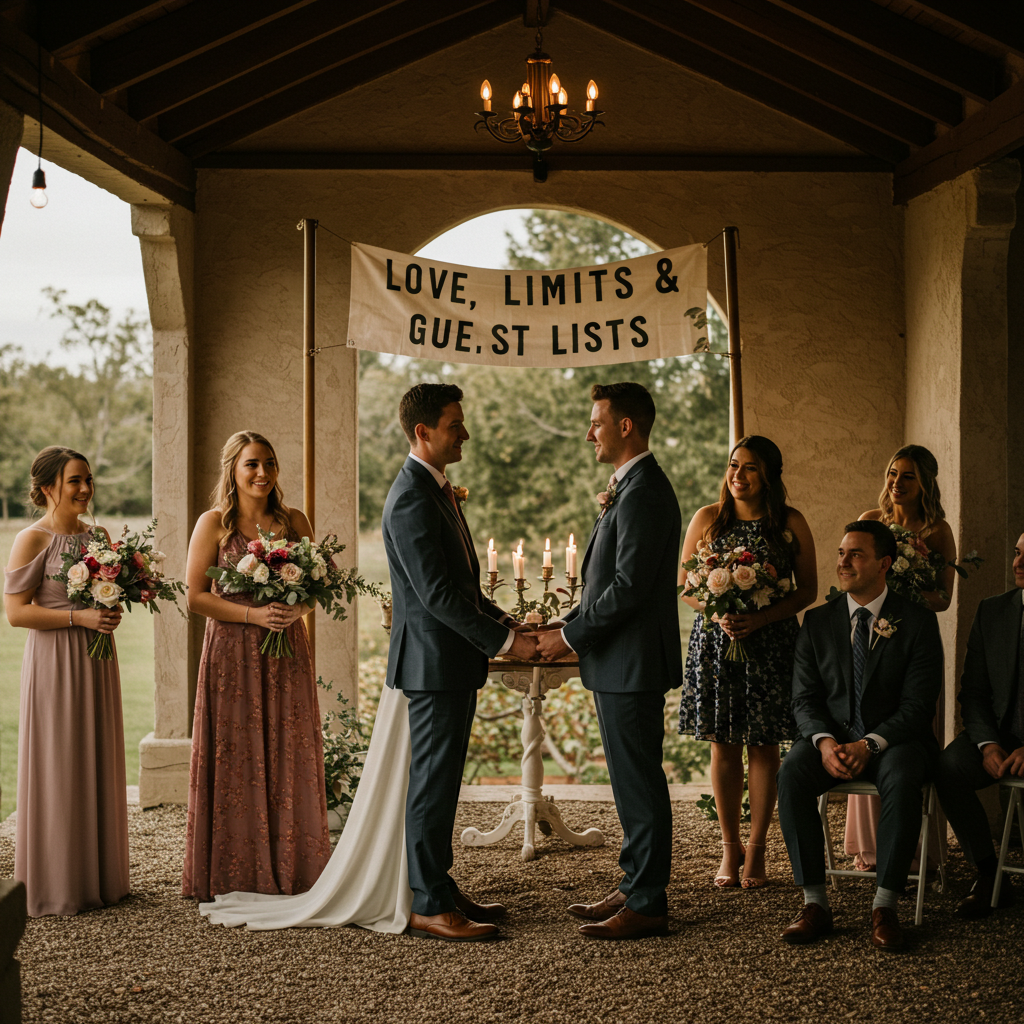
OP wasn’t trying to exclude anyone out of spite—they were protecting their vision, space, and sanity. Weddings are personal. Boundaries aren’t cruelty; they’re clarity.
Sometimes, saying “no” is the most respectful thing you can do—for yourself and your relationships.
